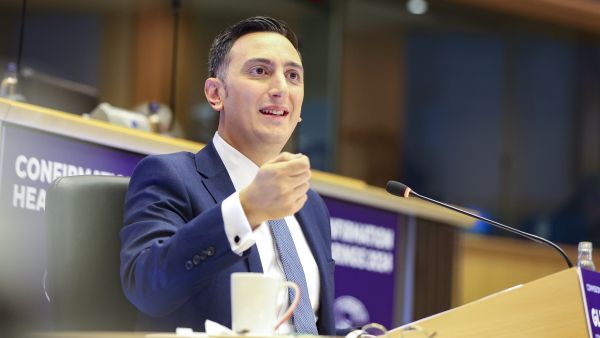Today in the European Parliament, the S&D Group welcomed the adoption of the resolution on the implementation of the Bologna process. An excellent, high-quality, coherent and transparent higher education sector as a key factor of cultural, economic, and social development is at the centre of the S&D agenda for growth.
In this context, the S&D Group has restated its commitment to the Bologna process, which is intended to organise the European system of higher education in an understandable, accessible and credible way in order to ensure compatibility and comparability of standards and quality across different higher educational systems, support mobility and internationalisation, while respecting the diversity and autonomy of individual countries and universities.
The report on the follow-up on the Bologna process drafted by S&D MEP Krystyna Łybacka outlines the S&D's goals regarding international cooperation within higher education, which includes among others facilitating mobility, encouraging internationalisation, enhancing employability as well as increasing worldwide attractiveness and competiveness of the European Higher Education Area (EHEA).
The report calls for an objective and critical review of the progress and setbacks of the Bologna process during the ministerial conference in May 2015 in Yerevan. The S&D Group hopes that the report will be a strong signal to the ministers of higher education that more efforts should be made in order to achieve the Bologna process goals, and to support countries encountering difficulties in their implementation. At the same time, the report stresses the need to address new challenges for European higher education, such as developing a strategy for the external dimension of the EHEA, providing broad opportunities for complementary forms of learning, strengthening the links between higher education and research as well as promoting the beneficial use of technological innovations in teaching and learning.
In addition, the report underlines the social dimension of the Bologna process: to address lifelong learning, equal opportunities in access to education, as well as educational mobility in intercultural learning among participating countries.
For the Rapporteur Łybacka, the ministerial meeting in Yerevan is very important in terms of undertaking a review of the progress of the Bologna process, but even more important in her view will be the follow-up to this meeting.
"We need the commitments to be transformed into actions to reinvigorate the process, make it more efficient, and set its future objectives," stated Ms Łybacka.
Implementing the commonly agreed reforms in EHEA countries, shifting the educational approach to a more student-friendly and outcome-oriented one, and strengthening the recognition of qualifications and degrees are of key importance to create a real European Higher Education Area.







